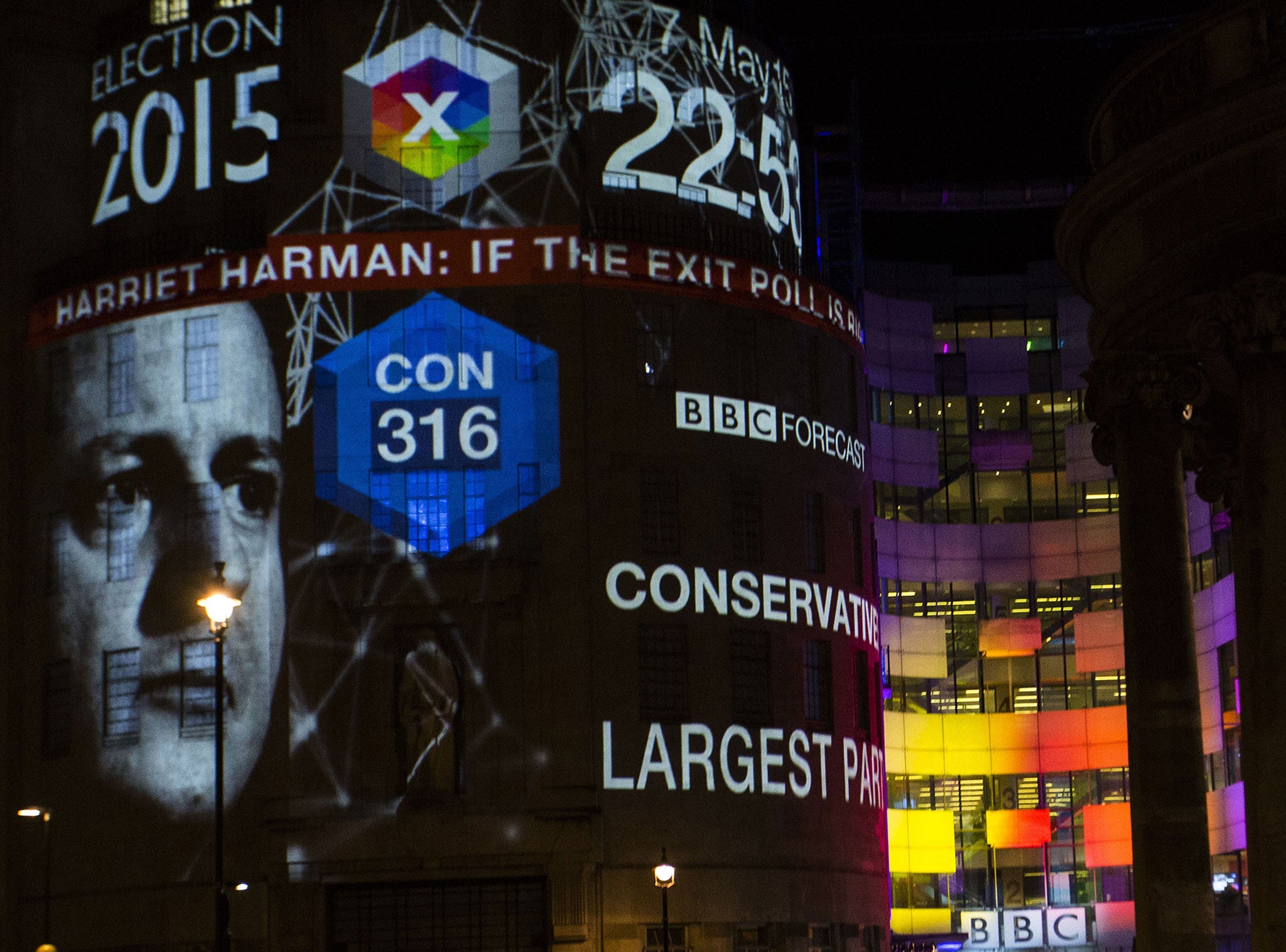Labour general election defeat not linked to a shift to the left, report claims
'We find no evidence that Labour lost support because they moved to the left'

Your support helps us to tell the story
From reproductive rights to climate change to Big Tech, The Independent is on the ground when the story is developing. Whether it's investigating the financials of Elon Musk's pro-Trump PAC or producing our latest documentary, 'The A Word', which shines a light on the American women fighting for reproductive rights, we know how important it is to parse out the facts from the messaging.
At such a critical moment in US history, we need reporters on the ground. Your donation allows us to keep sending journalists to speak to both sides of the story.
The Independent is trusted by Americans across the entire political spectrum. And unlike many other quality news outlets, we choose not to lock Americans out of our reporting and analysis with paywalls. We believe quality journalism should be available to everyone, paid for by those who can afford it.
Your support makes all the difference.There is no evidence that Labour lost the general election because of a shift to the left, a new post-mortem into the bruising defeat has claimed.
The report by the University of Oxford adds that while immigration, welfare, and Ed Miliband’s leadership all played a part in the unexpected defeat, it was more about perceived competence and rhetoric than policy. It also claims that the party's anti-austerity message led to some gains in England.
The authors add that Labour’s “equivocal support” of benefit caps did not necessarily help the party win any more supporters at the election. “Perceptions of welfare matter,” they said. “But it is not the precise amount that is important. Rather people care about whether the amount given to people is enough to live on."
Professor David Stuckler, of Oxford University’s Department of Sociology, told The Independent: “We analysed the election results using the British Election Survey data that can tell us what happened to Labour voters over time and, unlike focus groups, cover the entire country. What also sets apart our approach is that we can use these data to look at those who switch parties; the key swing voters.
“Above all, we wanted to know was it the policies or was it the personalities, and specifically that of its leader, Ed Miliband, that contributed to the party’s losses.
“What we’ve learnt so far is that Labour didn’t lose because they were seen as having moved to the left. In fact, on a left-right spectrum, the public consistently see Labour as closer to their own views than the Conservative Party.
Approximately 95 per cent of tabloid editorials were anti-Labour in the run up to the election, with many of those directly aimed at Miliband.”
“The attitudes and values of the majority of the British public are firmly rooted in the desire for a fairer society, based on principles of equality and social justice. Immigration, welfare, and leadership all played a role in Labour’s defeat but Labour’s failure appeared to be more about perceived competence and rhetoric than about policy."
The Oxford study also adds that inquiries similar to the Beckett Report, commissioned by Labour in the wake of its defeat to consult focus groups in marginal seats, provided important insights. “But, they are also partial and unrepresentative of the entire country”.
The Beckett report placed a particular emphasis on the weakness of Mr Miliband and an association with the economic crisis under Gordon Brown’s premiership. It added that Labour also failed to convince voters of its welfare and immigration policies.
The new analysis, however, claims that while negative perceptions of Mr Miliband had a small effect on Labour’s vote share it was not as large as some commentators have claimed. It adds that it is “difficult to disentangle whether perceptions of Miliband would have been different if the print media of Miliband had been less negative and less personal.
"Approximately 95 per cent of tabloid editorials were anti-Labour in the run up to the election, with many of those directly aimed at Miliband.”
The author's claim that media coverage of the former Labour leader may have had some impact on the outcome of the election and so Miliband the man may not have been a problem, rather it was the party and the policies he represented. “In short, would Miliband have fared better if he and David Cameron switched parties and policies,” the authors ask. “Our analysis suggests this would have yielded relatively little change in vote share.”
Professor Stuckler added: "We used the survey data to perform a thought experiment. Suppose Ed Miliband had the same like-ability ratings as David Cameron, but kept to the same Labour policies. Could Labour have won with the more charismatic Cameron as leader?"
“Our analysis gives an emphatic no. At most, had Ed Miliband been as likeable he would have increased Labour’s vote share by ~1.5 percentage points (about 380,000 votes); and this was not enough to sway the election."
The study was co-authored by Professor Stuckler with Professor Aaron Reeves, London School of Economics, and Professor Martin McKee, London School of Hygiene and Tropical Medicine.
Join our commenting forum
Join thought-provoking conversations, follow other Independent readers and see their replies
Comments